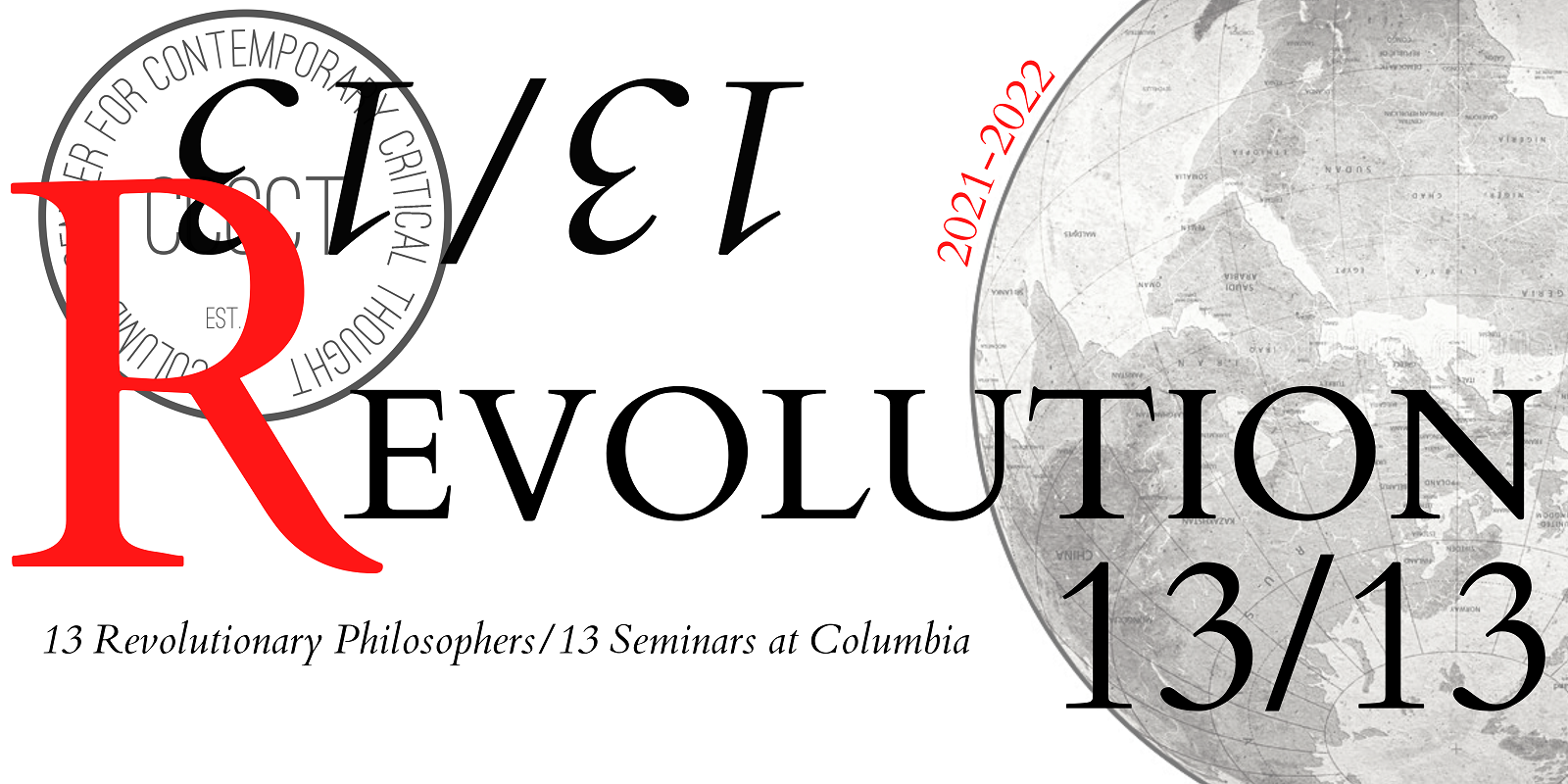By Bernard E. Harcourt
“Philosophy and political activism have always been embedded in my life.”
— Toni Negri, Revolution 13/13
Toni Negri has always personified, to me, the brilliance and inspiration of the activist philosopher. Always engaged, always focused on moving forward, not dwelling on our political losses or the negatives of oppression and domination—Toni has been an exemplar of what it means to philosophize for social change and justice.
So naturally, Toni was someone I had to speak with on the topic of revolutionary philosophers.
Our conversation took place at his home in Paris and it covered a wide range of topics—from his work on Spinoza, to his time in prison and his prison writings, to his activism and political engagement with workers, to the formation of the Autonomia Operaia (the workers’ autonomy movement), to the role of the Frankfurt School and Foucault. Throughout, we focused on the essential relation between philosophy and activism.
The conversation brings together many themes that we have developed over the course of Revolution 13/13. We discussed at length Toni’s time in prison and how he wrote and read while incarcerated—ultimately writing on an Olivetti typewriter with access to a limited number of books. We discussed Hans-Jürgen Krahl and relationships to Marx’s writings, and Lenin as well. We discussed Frantz Fanon’s exemplarity. Our conversation touched on all the themes of this 13/13 series.
When asked to describe what “revolution” means to him, Toni Negri responds, “to constantly live and construct moments of novelty and rupture.” This interview with Toni Negri is, I propose, one of those moments of novelty and rupture. I invite you to enjoy the conversation.
Welcome to Revolution 11/13!
